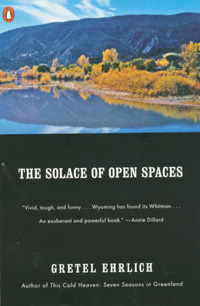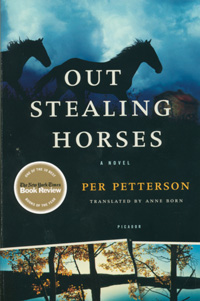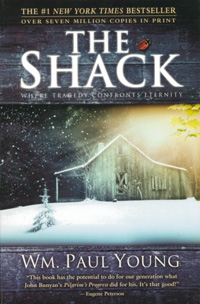One day during the NCHA Futurity open go-rounds, I ran into Hall of Fame trainer Sam Shepard at the Barnes and Noble store near Will Rogers Equestrian Center. It was during a cattle change and Sam, wearing his hat, boots and spurs, was on a mission to find two copies of The Solace of Open Spaces by Gretel Ehrlich. He had misplaced his copy and he wanted an additional one for trainer Gary Bellenfant.
It wasn’t a surprise to see Sam in a bookstore. He always has at least three or four selections going at the same time and over the years he’s given me some great recommendations. On this day, in fact, he pointed out some books that he had recently read. One of which, Out Stealing Horses, Sam says is the best book he’s read in the past five years. Another, #1 New York Times bestseller The Shack is one that Sam was initially skeptical about, but found to be thought provoking.
If you’re looking for a good read, here’s a brief synopsis of Sam Shepard’s 2009 NCHA Futurity suggestions:
 The Solace of Open Spaces by Gretel Ehrlich (1985)
The Solace of Open Spaces by Gretel Ehrlich (1985)
Filmmaker Gretel Ehrlich moved to Wyoming in 1976 in search of solace following a personal tragedy. In this book she meditates on her life as a sheep herder and rancher and the lessons she learned along the way.
“Finally, the lessons of impermanence taught me this: loss constitutes an odd kind of fullness; despair empties into an unquenchable appetite for life,” she writes.
Ehrlich’s book is full of life – from the ranchers and hands she befriends to the animals she relies upon and tends – and her observations hit the mark. The iconic Marlboro Man of the 1970s, for instance, was not the cowboy she recognized.
“To be ‘tough’ on a ranch has nothing to do with conquests and displays of power,” she writes. “More often than not, circumstances – like the colt he’s riding or an unexpected blizzard – are overpowering him. It’s not the toughness but ‘toughing it out’ that counts. In other words, this macho, cultural artifact the cowboy has become is simply a man who possesses resilience, patience, and an instinct for survival.”
There is much to appreciate and enjoy in this slim volume.
“Wyoming has found its Whitman,” said Pulitzer Prize-winner Annie Dillard. “An exuberant and powerful book.”
 Out Stealing Horses by Per Petterson (2003)
Out Stealing Horses by Per Petterson (2003)
Out Stealing Horses: A Novel is not an American Western. It’s an award-winning Norwegian novel whose 67-year-old protagonist seeks solitude in a remote, rural cabin following the deaths of his wife and sister. An encounter with his neighbor reminds him of the day in 1948 that he and a friend set out to “steal” a neighbor’s horses. In the process of remembering, Trond Sander comes to terms with his perplexing past.
“Superb…a gripping account of such originality as to expand the reader’s own experience of life,” wrote noted author and cutting horse competitor Tom McGuane, in a New York Times book review.
 The Shack by Wm. Paul Young (2007)
The Shack by Wm. Paul Young (2007)
The Shack also involves a secluded cabin. But this one draws the narrator back to the scene of a personal tragedy and an encounter with God. The author, raised among a stone-age tribe in New Guinea by his missionary parents, suffered great loss as a child and young adult and The Shack, while fiction, turns out to be primarily a “theological” quest.
While it isn’t everyone’s idea of a riveting read, the The Shack has appealed to a lot of readers, including Sam Shepard, whose father and uncle are both Baptist ministers.
